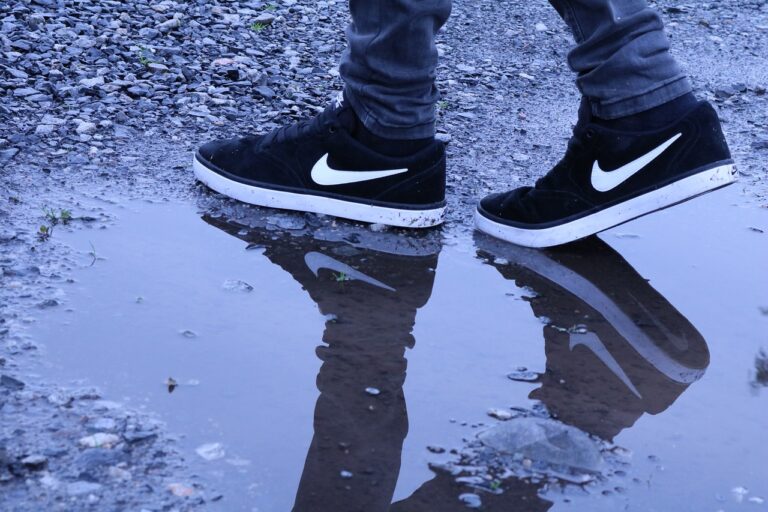Sustainable Fashion Brands: Innovations in Recycled Materials and Zero-Waste Design
Sustainable fashion is a growing trend in the industry as consumers become more conscious of the environmental and social impacts of their clothing choices. Many fashion brands are now incorporating recycled materials and zero-waste design techniques into their collections to reduce waste and promote sustainability.
Recycled Materials
One of the key innovations in sustainable fashion is the use of recycled materials in clothing production. From recycled plastic bottles to old denim jeans, fashion brands are finding creative ways to repurpose materials that would otherwise end up in landfills.
Zero-Waste Design
Zero-waste design is another important trend in sustainable fashion. This innovative approach focuses on minimizing waste throughout the production process, from pattern making to the final product. By using every scrap of fabric and designing with efficiency in mind, fashion brands can dramatically reduce their environmental footprint.
Technological advancements
Advancements in technology have also played a significant role in the development of sustainable fashion. From 3D printing to digital modeling, technology is being used to create innovative designs that are both stylish and eco-friendly.
Examples of Sustainable Fashion Brands
There are many fashion brands leading the way in sustainable fashion with their use of recycled materials and zero-waste design techniques. Here are a few examples:
1. Reformation
Reformation is a popular sustainable fashion brand known for its use of eco-friendly materials and commitment to reducing waste. They use recycled fabrics and incorporate zero-waste design principles into their collections.
2. Patagonia
Patagonia is a well-known outdoor clothing brand that has been a leader in sustainability for decades. They use recycled materials in many of their products and are committed to reducing waste and carbon emissions.
3. Eileen Fisher
Eileen Fisher is a high-end fashion brand that focuses on sustainability and ethical production practices. They use organic and recycled materials in their collections and have implemented a take-back program to recycle old clothing.
4. Stella McCartney
Stella McCartney is a luxury fashion brand that is known for its commitment to sustainability. They use innovative materials like recycled polyester and organic cotton in their designs and prioritize ethical production practices.
5. Veja
Veja is a French sneaker brand that specializes in sustainable footwear. They use environmentally friendly materials like organic cotton and recycled plastic bottles in their shoes and have a transparent supply chain.
6. Everlane
Everlane is a popular clothing brand that is committed to transparency and sustainability. They use recycled materials in their products and have a strict code of conduct for their factories to ensure ethical production practices.
FAQs
What are recycled materials in fashion?
Recycled materials in fashion refer to fabrics and fibers that have been made from recycled materials like plastic bottles, old clothing, or discarded textiles. These materials help reduce waste and lower the environmental impact of clothing production.
What is zero-waste design?
Zero-waste design is an approach to fashion design that aims to minimize waste throughout the production process. This involves designing patterns and garments in a way that uses every scrap of fabric efficiently, reducing the amount of fabric that ends up in landfills.
How can consumers support sustainable fashion brands?
Consumers can support sustainable fashion brands by researching and purchasing from brands that prioritize ethical production practices and use environmentally friendly materials. By choosing to buy from sustainable brands, consumers can help drive positive change in the fashion industry.
What are some other sustainable fashion practices?
In addition to using recycled materials and zero-waste design techniques, sustainable fashion brands can also practice ethical sourcing, fair labor practices, and transparency in their supply chains. These practices help ensure that the fashion industry is not only environmentally friendly but also socially responsible.







